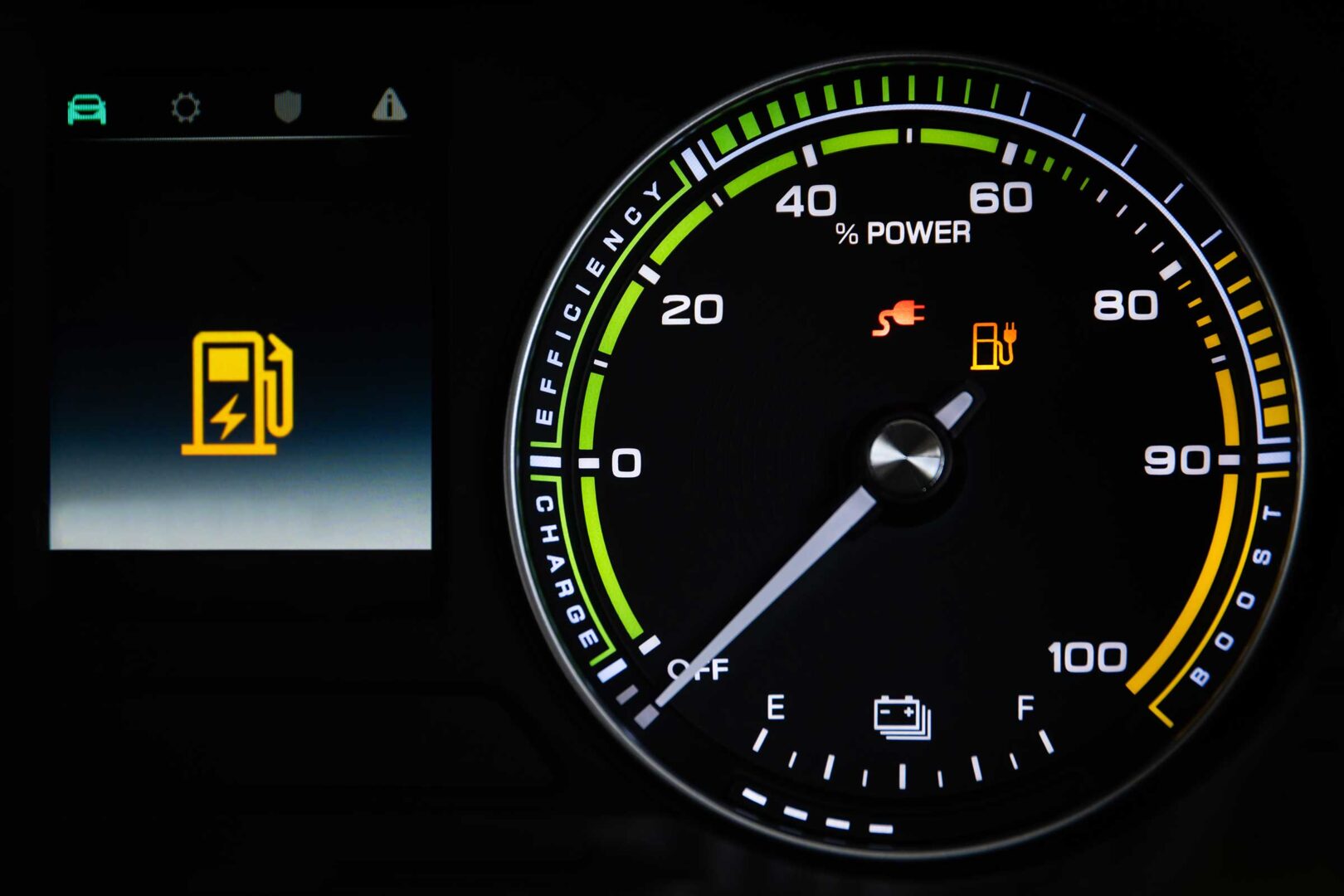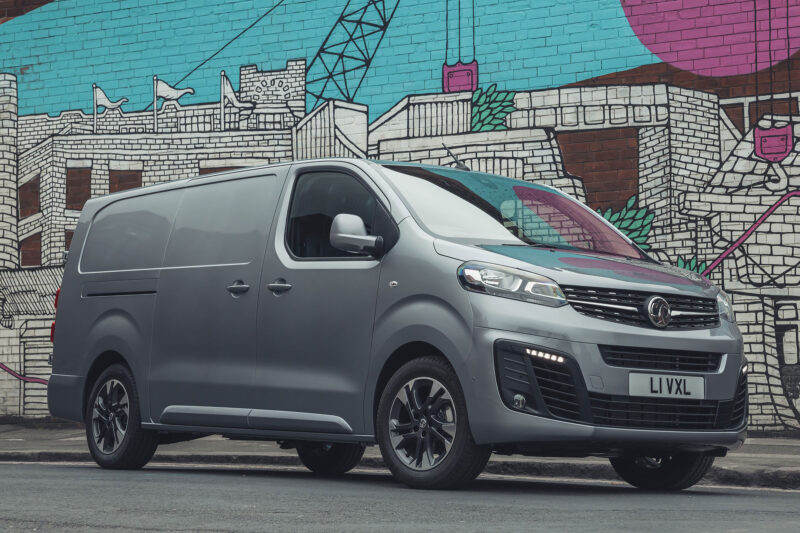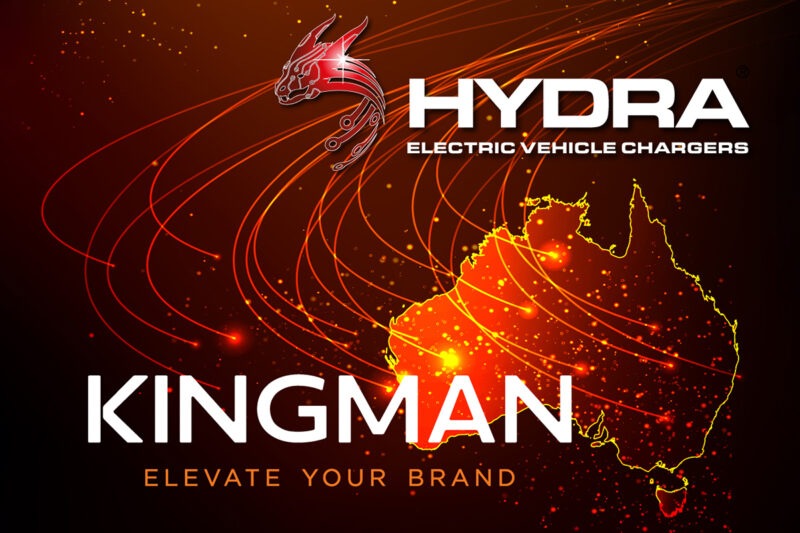As soon as you mention Electric Vehicles, whether you just say you like the look of one, or are thinking of buying one, you will immediately come across the angry luddite who, armed with nothing more than Facebook Science and completely made up facts, will try to ‘educate’ you about the horrors of EV ownership.
We have collected some of the most common anti-EV arguments and provided the truth.
You can’t drive EVs in water!
FAKE NEWS! You cannot drive ANY car in water beyond its designed limitations. It is obviously true that water and electricity donot mix but the various drivetrain components on an EV are far more resistant to, and less susceptible to, water ingress.
For petrol and diesel engines the wading depth (the deepest water you can safely drive through) is usually the position of the air intake. For most cars this can be as low as 150-200mm, getting water into a combustion engine will kill it instantly in most cases. There is no air intake on an electric vehicle.
Unless you drive a vehicle made before the 1990s it will more than likely be fitted with an ECU and an array of other electrical components. Getting water into any of these can cause problems so are petrol and diesel cars better for driving in water? Not at all.

The Electric Grid won’t be able to cope if everyone switches to electric vehicles
FAKE NEWS! The National Grid should know what they are talking about on this subject. They have stated that the current electrical consumption for the whole of the UK is 16% lower than it was in 2002. If every single vehicle was replaced with an EV it would increase demand on the National Grid by just 10%. So we wouldn’t even be going back to 2002 levels, and the system coped quite happily then.
Electric vehicles are too expensive
FAKE NEWS! The price for EVs is dropping significantly with a starting price of less than £18,000. For many manufacturers the like-for-like cost of petrol and EV models is closing. So while it might cost an extra £5,000 for an equivalent EV, that cost would be recouped very quickly once the higher costs of petrol and diesel consumption are factored in. VolksWagen recently confirmed that the ‘break even’ point of buying a VW ID 4 instead of a similar spec VW Golf was four years. After that the Electric Vehicle is cheaper in every measurable way.
Electricity isn’t clean, it involves burning coal!
FAKE NEWS! For a continuous two month period in 2020, UK power generators burnt no coal at all. Fossil fuels (both Coal and Gas combined) account for around one-third of all electricity generated and the level is constantly falling as renewable sources increase. A number of utility companies provide only green energy which is 100% from renewables. So if you switch to these your EV will not require coal to be burnt at all. Additionally if your property is fitted with solar panels your EV could be charged without relying on any power from the grid at all.
Electric vehicles don’t have enough range
FAKE NEWS! Everyone seems to get hung up on the range of an EV. How far it can go between charges, and simply because a few cannot manage the same 400 miles that a tank of petrol gives them they dismiss EVs as useless. But almost no-one needs to drive 400 miles non-stop every day. Government statistics show that the average car journey length for the UK as a whole is 8.5 miles or 22minutes and the average main family car travels 37 miles each day, with second cars only travelling 11 miles. So why demand a 400 mile range? A 200 mile range could be perfectly adequate for a whole week of driving after a single charge.
Even if you do need to travel 400 miles in an EV with only 150 mile range all it would take is two or three stops of 30 minutes or so while connected to a rapid charger to get you to your destination, about the same time as going to the loo and buying a coffee from a service station. There is no need to fully recharged the batteries to 100% every time, in fact many experts even recommend against it. You can charge to 80% very quickly with many fast chargers to get you another 100 miles or so on your journey.

EVs produce more pollution
FAKE NEWS! Nothing man-made can ever be totally pollution-free but over the total lifetime of use an EV is a clear winner compared to petrol or diesel power.
While there are concerns around the extraction and processing of raw materials such as lithium, the entire industry is adapting and improving. Most responsible manufacturers are working hard to ensure that their production facilities are as close as possible to zero-emission.
Encouragingly the EV world has embraced the concept of sustainability and recycling. Not just the batteries and electric motors but also the body panels, interior trim and other components are designed and manufactured with an eye on being recycled later.
The biggest boost to pollution reduction with an EV is removing the pollution from congested urban and suburban areas which creates a better living environment for everyone.
EVs are a huge fire risk
FAKE NEWS! There have been many media reports of EVs ‘bursting into flames’ but this is mostly down to media bias. Petrol powered cars also ‘burst into flames’ and at a much higher rate than EVs. The regional Fire Services in the UK reported a total of over 100,000 vehicle fires for 2018 – equating to roughly 300 every day! – and resulting in the deaths of over 100 people.
Fires in EVs are normally as a result of a ‘foreign object’ impacting or piercing the battery pack. Even so, the design of a battery pack is more compartmentalised with each cell being separated and insulated from neighbouring cells. While it is true to say that chemical fires are more difficult to extinguish, particularly when fire trucks are only fitted with water or foam to supress a fire, it is a slower burn which allows occupants and bystanders to evacuate the area. A petrol tank can explode into flames very quickly but a battery fire is slow to start and also increases in intensity very slowly. Simply put, if EVs presented the kind of fire risk that the media alludes to, they simply would not be passed as safe to drive on the roads.
Electric Vehicle batteries need replacing every three years and cannot be recycled!
FAKE NEWS! Most manufacturers are offering battery warranties of around 7 years or 100,000 miles. The latest lithium-ion batteries should far outlast the life of an EV, even allowing for an amount of degradation.
When you hear people saying the battery lost 20% of its charge power in just a few short years it is worth asking if they are referring to older metal-hydride cells instead of lithium-ion. The degradation of the old-style batteries is a known limitation but, in reality, over a ten year period should be no more-or-less than the loss of performance and economy in an average petrol or diesel powered vehicle.
Even when they are no longer suitable for powering an EV the batteries can be recycled, often by being used for different electricity storage systems like domestic solar power installations, or being stripped down to extract the base components. No cars, whether EV, petrol or diesel end up in landfill.


